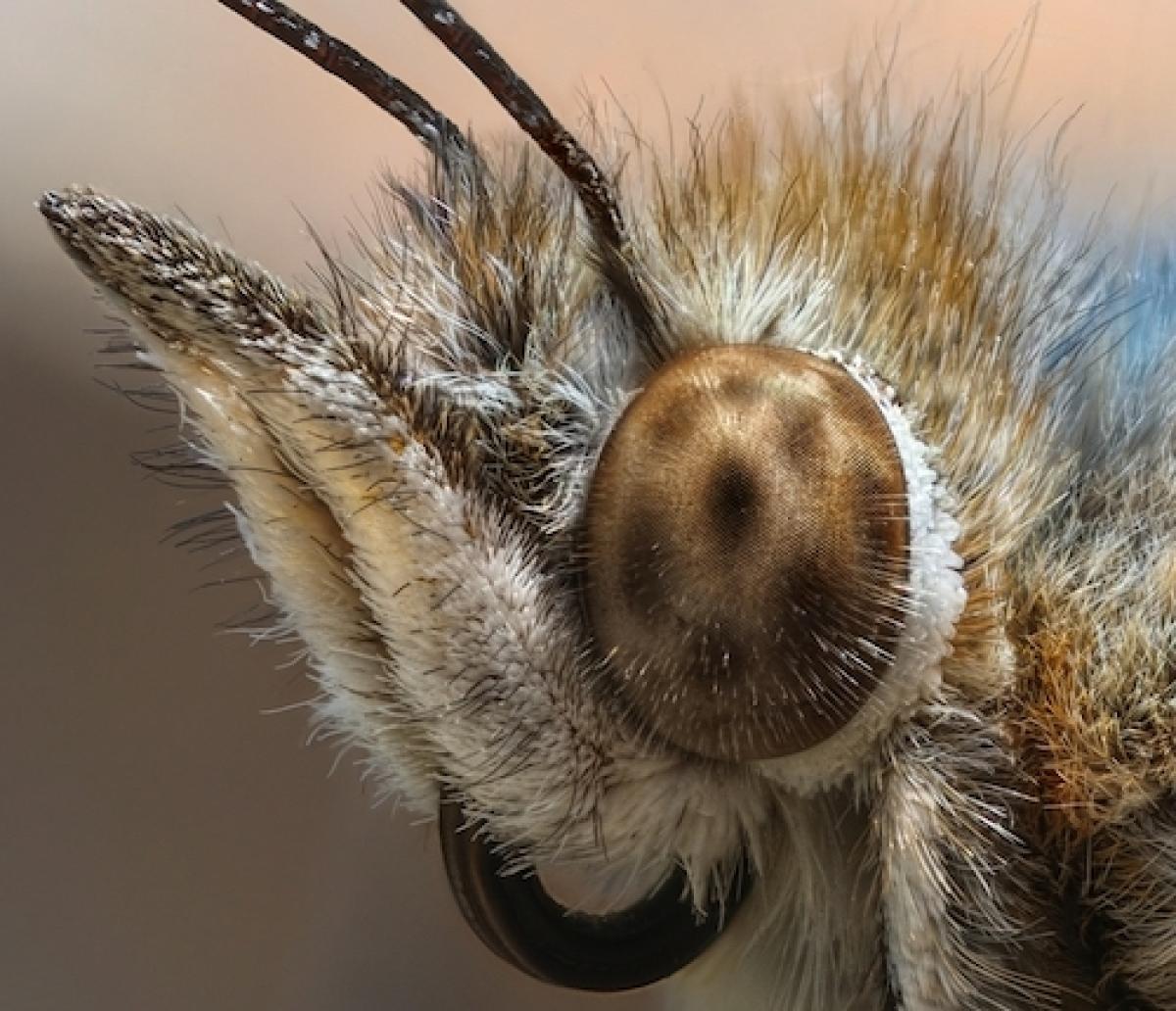TIPS - if you are like a lot of people you probably skipped the other pages and stopped here first. Welcome, but don't forget to visit the other pages as well.
The Top Ten Tips For Searching the Internet
- Pick your search engine with care. A search engine is a place on the Internet that collects the addresses of Web sites and their content. By simply typing a few key words or a question, you can use search engines to locate Web sites that might contain the information you need. Each search engine has its strengths and weaknesses. Try lots of them. | learn more|
- Always check your spelling. The old computer programmer saying "garbage in, garbage out" is especially true when searching the Internet. For example, entering "emperor state building" instead of "Empire State Building" will give you some strange results. If you are using a scientific term, double check the spelling. | learn more|
- Be an Internet detective. If you don't find what you need with one search engine or set of words, try others. Don't give up after a few tries. This is especially true for science-related topics. Once you find a Web site that helps, look to see if they have links to other sites. Good sites often have leads to other places you can find information. | learn more|
- Become a good reporter. Always evaluate the information that you find. Just because a Web site looks good does not mean the information is correct. Check the source of the information. Is it reliable? Can you confirm that the information is correct by visiting other Web sites? | learn more|
- Add some logic to your searches. There are some special words that can help you narrow your search. Boolean logic is the way to make it all happen. | learn more|
- Look for advanced search features when using search engines, metasearch sites and directories. This is usually a link found next to the keyword entry box. You can often improve your search results by trying out the extra features. | learn more|
- Use scientific terms when looking for scientific information. If you want to learn about a plant or animal, be sure to use both the common name and the scientific name when searching. | learn more|
- Be specific as much as possible when typing in keywords. For example, if you want to learn about the Alaskan grizzly bear, enter all of those words and not just bear or grizzly bear. This will focus your search and give better results.
- Need a translator? Remember, the Internet is international. Many Web sites appear in foreign languages. Some have good information. If you cannot read foreign languages, try a search engine like Google that includes a language translator.
- Don't forget the library! It is still a wonderful place to find information. Many libraries have joined the Internet by providing a way to search their catalogue of books and magazines. This means you can check to see if they have something that will help write your paper before you ever leave the house or school.
Read more about: How to Find What You Need on the Internet
Bibliographic details:
- Article: Internet Tips
- Author(s): Dr. Biology
- Publisher: Arizona State University School of Life Sciences Ask A Biologist
- Site name: ASU - Ask A Biologist
- Date published: 17 Dec, 2009
- Date accessed:
- Link: https://askabiologist.asu.edu/internet-tips
APA Style
Dr. Biology. (Thu, 12/17/2009 - 15:42). Internet Tips. ASU - Ask A Biologist. Retrieved from https://askabiologist.asu.edu/internet-tips
Chicago Manual of Style
Dr. Biology. "Internet Tips". ASU - Ask A Biologist. 17 Dec 2009. https://askabiologist.asu.edu/internet-tips
Dr. Biology. "Internet Tips". ASU - Ask A Biologist. 17 Dec 2009. ASU - Ask A Biologist, Web. https://askabiologist.asu.edu/internet-tips
MLA 2017 Style
Be Part of
Ask A Biologist
By volunteering, or simply sending us feedback on the site. Scientists, teachers, writers, illustrators, and translators are all important to the program. If you are interested in helping with the website we have a Volunteers page to get the process started.


